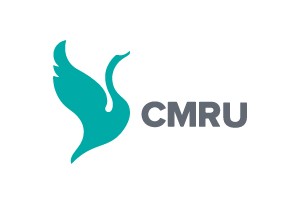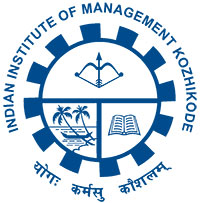Programme Assessment
Choice-Based Credit System (CBCS): The university follows CBCS, which allows students to choose courses and earn credits based on their performance
Grades and GPA: Students are awarded grades for each course in a semester, and their Semester Grade Point Average (SGPA) is calculated to measure their academic performance. Cumulative Grade Point Average (CGPA) is used to evaluate the overall performance of a student across all semesters.
Prescribed Curriculum: Each program has a prescribed curriculum or Scheme of Teaching and Evaluation, which includes the required courses, laboratories, and other degree requirements. It also incorporates SWAYAM and Massive Open Online Courses (MOOCs) offered by reputed institutions.
Auditing Courses: Students have the option to audit courses, which allows them to gain additional exposure without the pressure of obtaining a grade. This can give them an advantage in placements.
Evaluation System: The evaluation of students is comprehensive and continuous throughout the semester. It consists of Continuous Internal Evaluation (CIE) and Semester End Examination (SEE). CIE and SEE carry equal weightage of 50% each, resulting in a total evaluation of 100 marks for each course, regardless of its credit value.
Assessment Methods: Before each semester, faculty members may choose assessment methods such as assignments, seminars, quizzes, group discussions, case studies, practical activities, class presentations, industry reports, etc., with suitable weightage for each.
Semester End Examination: A Semester End Examination is conducted for all registered courses at the end of each semester. However, some courses that already have Continuous Internal Evaluation may not require a SEE. Makeup Examinations: Students who fail the Semester End Examination in one or more courses are eligible for makeup examinations, which provide an opportunity to retake the failed exams and improve their grades.
Programme Outcome
After completion of the program, a student will be able to
Apply the principles of psychology in multidisciplinary domains to achieve personal, professional, and organizational outcomes
Design, implement, and critically validate well-being programs in counselling and industrial settings
Produce meaningful and relevant research studies addressing psychosocial issues in counselling, clinical, and industrial settings
Solve professional, ethical, and multicultural issues in diverse professional and organizational settings






